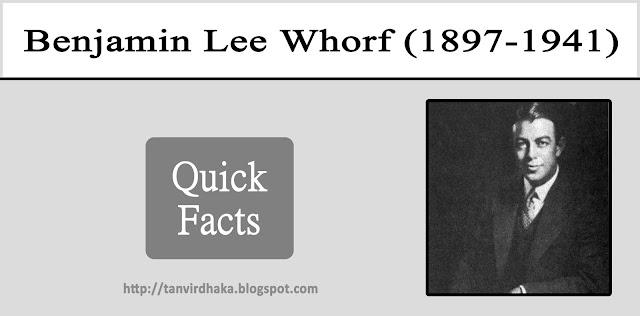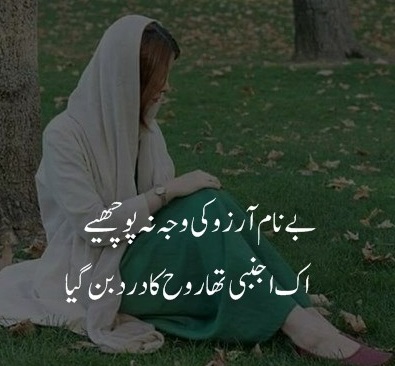This week I'm featuring poet David L. Harrison in celebration of his FIFTY YEARS of poetry publishing! How about that? 50 years is quite a milestone! David writes about his beginnings and some milestones along the way-- all with is dry, wry sense of humor. Enjoy! David writes:
My Journey So Far
 |
Waving goodbye as I leave for my first day of school in Ajo,
Arizona at age six. |
I meant to become an astronomer. But I was only six and it didn’t pan out. When I was older, seven, I meant to become an artist, but there again, it never happened. What I didn’t mean to become was a writer. But I had an accident when I was a 21-year-old science major at Drury College (now University) in 1959. I’d accidently taken so many science classes that the dean made me enroll in something else my last semester, and I chose a writing course. My professor liked my efforts and said he hoped I would continue writing. A lot happened during the next decade. I became a musician, athlete, husband, father, parasitologist, pharmacologist, and greeting card editor. But not a published author even after ten years of trying and 67 rejections.
On October 1, 1969 that changed. I held my first book, a picture book called The Boy with a Drum, and knew what I wanted to do with my life. 2019 marks my 50th anniversary since the moment that changed everything. My 97th, 98th, 99th, and 100th books are due out next year. Sometimes I sit in my office looking at my books on the shelf above me and think back over the years at all the wonderful things that have happened to me as a children’s author, and I am grateful. In my heart I’ve been celebrating my good fortune all this year.
 Midway through my career, twenty-six years ago, I surrendered to a long-felt desire to develop as a poet. (Back when I was six and carting home astronomy books from the library, I was also making up my first poems.) For three years I read about and wrote only poetry. I wrote about what I observed, heard, felt, lived. I wrote about school and family, diets and hairless bears, a boy who spent his life counting all the stars in heaven and started over. I discovered that the music in my background was influencing how my rhythms evolved. I learned that sometimes syncopation is a good thing; sometimes it worries editors.
Midway through my career, twenty-six years ago, I surrendered to a long-felt desire to develop as a poet. (Back when I was six and carting home astronomy books from the library, I was also making up my first poems.) For three years I read about and wrote only poetry. I wrote about what I observed, heard, felt, lived. I wrote about school and family, diets and hairless bears, a boy who spent his life counting all the stars in heaven and started over. I discovered that the music in my background was influencing how my rhythms evolved. I learned that sometimes syncopation is a good thing; sometimes it worries editors.
Turned out my Midwestern voice, sense of humor, love and respect for nature, and response to the world around me provided me a spot in our nation’s choir of children’s poets. Next year’s titles, After Dark and The Dirt Book, will be my 20th and 21st books of poetry. I work seven hours every weekday. Each year I attend conferences, participate in children’s literature festivals, do book store signings, and visit schools. I’ve learned who I am, what I know, what I want to say, and how I want to say it. I have a wonderful wife, daughter, son, and family. What’s not to love about that? I probably would have been a lousy astronomer anyway.
Okay, this and I’ll stop. My last three books of poetry are summarized here.
A PLACE TO START A FAMILY: Charlesbridge, January 2018

- One of ten books for K-2 chosen by teachers across the country for this year’s International Literacy Association (ILA) Teachers’ Choice List
- Chosen by Bank Street College for its Best Children’s Books of the Year 2019
- National Science Teachers’ Outstanding Science Trade Books
- Pennsylvania’s Young Reader’s Choice, Awards Program Master List, 2019 – 2020
CRAWLY SCHOOL FOR BUGS: Boyds Mills Press, March 2018
- Selected by Missouri Center for the Book to represent Missouri at the National Book Fair in Washington D.C., 2018
- Named by NCTE as a Notable Book of Children’s Poetry, 2019
NOW YOU SEE THEM, NOW YOU DON’T: Charlesbridge, 2016
- Starred Kirkus review, 12/1/15
- Chosen by Society of Midland Authors as best children’s nonfiction book published in 2016
- NCTE Notable Poetry Book
- Red Poppy Award nominee, Georgetown, Texas, 2017
Thank you, David, for sharing a few nuggets from an amazing career of 50 years of creating poetry for young people! Now head on over to Library Matters for more Poetry Friday fun!
























